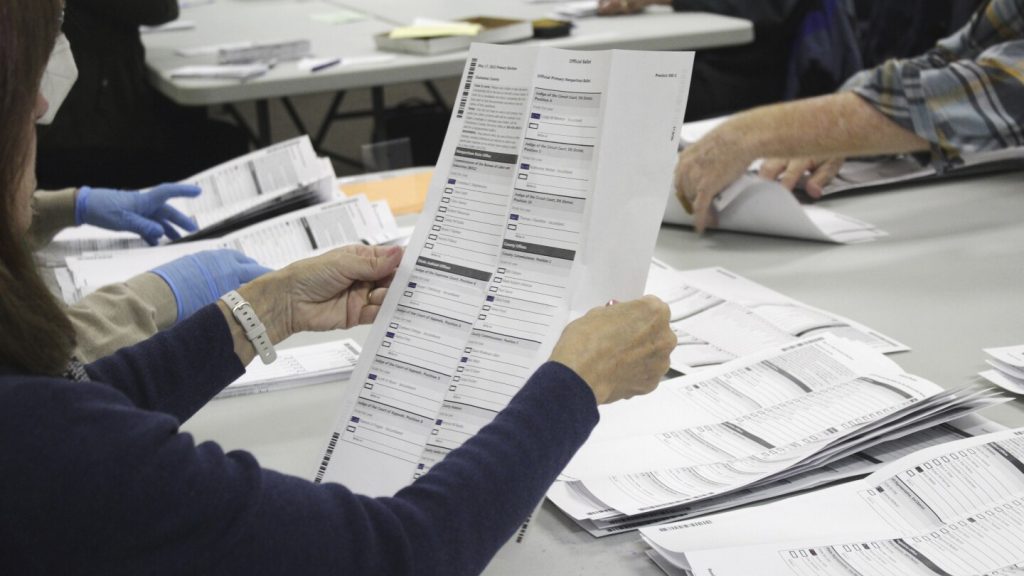Oregon elections officials have removed over 1,200 people from the state’s voter rolls for failing to provide proof of U.S. citizenship when they registered to vote. Of the potentially ineligible voters, only nine had cast ballots since 2021. The secretary of state’s office is working to confirm the eligibility status of those individuals. Despite concerns raised by Republicans about noncitizens voting, such cases are rare in Oregon, with the nine potentially ineligible voters representing a small fraction of the state’s 3 million registered voters.
The 1,259 individuals who were improperly registered have been notified that their registration has been inactivated, and they will not receive a ballot for the 2024 election unless they re-register with proof of citizenship. This mistake occurred in part due to Oregon’s practice of automatically registering most people to vote when they obtain a driver’s license or ID, a process that was flawed in coding individuals as having U.S. citizenship when they did not provide the required documentation. The Oregon DMV has implemented changes to prevent similar errors in the future, such as reordering the drop-down menu and requiring additional verification for certain documents.
Governor Tina Kotek has called for further steps to address the issue, including updated training for DMV staff and establishing a data quality control calendar in coordination with the secretary of state. Republican lawmakers in Oregon have requested a public hearing on the matter to ensure the integrity of the state’s voter lists. Secretary of State LaVonne Griffin-Valade has reassured that the upcoming election in November will not be affected by this error. Similar concerns about voter eligibility have been raised in other states, such as Arizona, where the Supreme Court ruled that nearly 98,000 voters with unconfirmed citizenship documents can still vote in state and local races.
State and federal laws prohibit people who are not citizens from voting in national and local elections, including legal residents with green cards or visas, as well as those without legal status. The U.S. Supreme Court’s decision in the Arizona case in August allowed some provisions of a law to be enforced, requiring proof of citizenship for certain voters. The ongoing scrutiny of voter rolls in various states underscores the importance of ensuring the accuracy and integrity of voter registration processes. Authorities are working to address the errors that led to these discrepancies and prevent similar issues from occurring in future elections.














